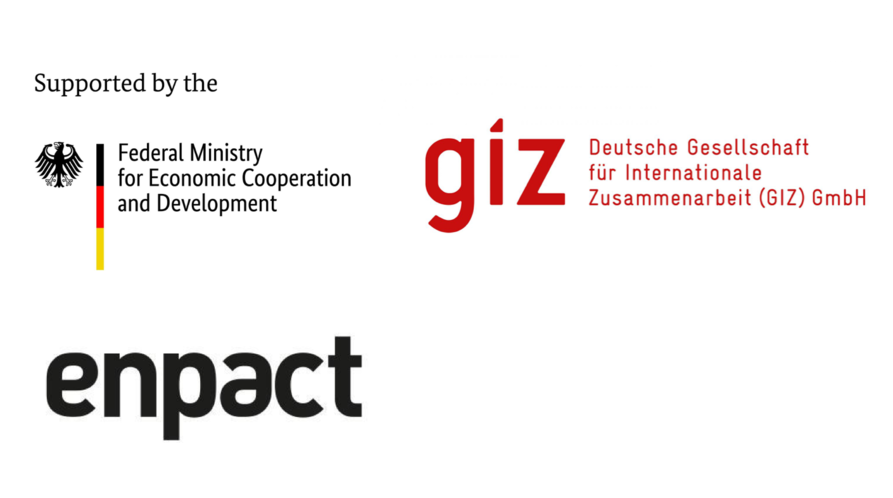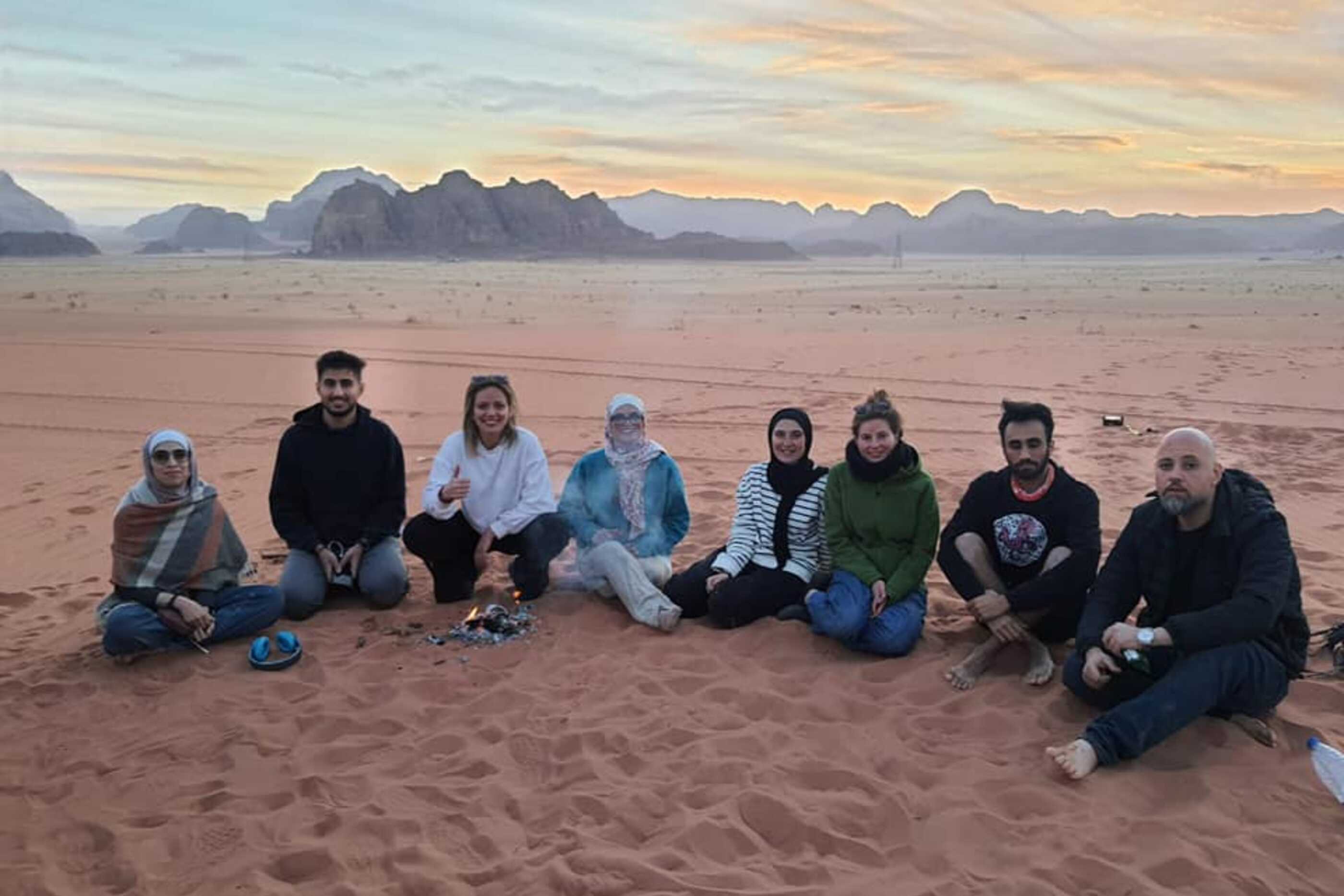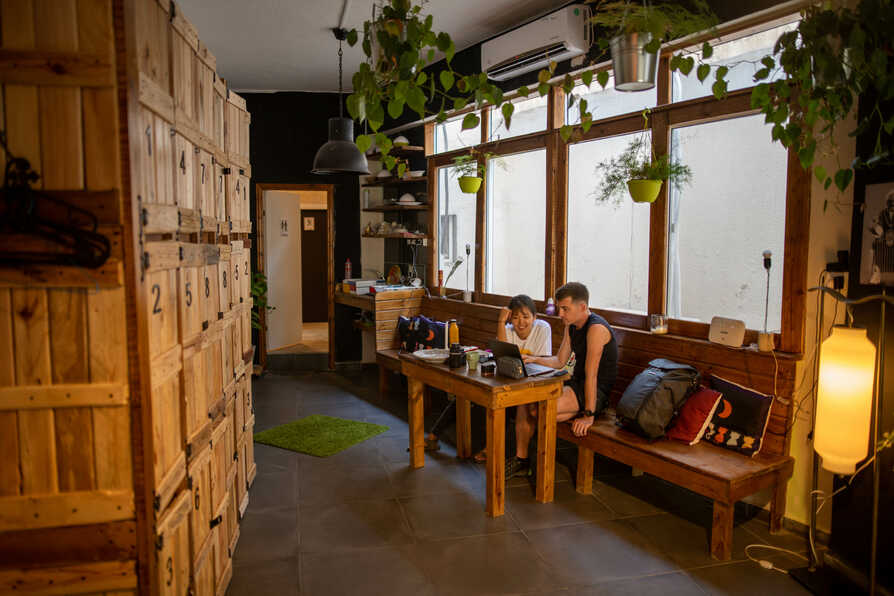Salam Jordan!
2020 saw a U-turn in Jordanian tourism. With revenue up by 13.6% in the first two months, the year started in a position of promising growth. But as the Coronavirus pandemic hit and strict nationwide lockdown rules came into force, the end of the first quarter saw an overall decrease of 10.7%. March carried much of the weight of responsibility for this decline; in one month alone, revenues dropped by a staggering 56.5%. (Central Bank of Jordan)
In a country where tourism represents 13.8% of the total GDP, things have changed considerably. Last year, double digit growth brought JOD 4.2 billion in revenue (around EUR 5 billion) and 5.4 million visitors. Now, the pandemic has erased any feeling of optimism about the future of tourism.
“One of the key issues that small enterprises in particular are facing right now is the lack of access to funding“ - says Mohammed Khair Obaidat, Director of the Queen Rania Centre for Entrepreneurship, a non-profit organization established to help develop technology entrepreneurships in Jordan, “this problem is further exacerbated for the many companies that were already facing financial issues before the crisis even started.”
The Jordanian government has put its weight behind the problem to provide assistance to the ailing tourism industry. Under a new set of laws, sales tax on the tourism sector has been reduced from 16% to 8%, and JOD 150 million (around EUR 179 million) has been allocated in financing programmes to help tourism establishments across the country.
Not everything related to the COVD-19 outbreak is bad news, however. “The pandemic forced companies to develop and accelerate the implementation of their digitalization strategies“ - Mohammed explains. “Moreover, different technologies originating in the tourism industry, such as innovative payment processes, are finding their way into other areas of economic activity in Jordan, which will ultimately help the economy as a whole“.
However, low interest rates provided by the government will serve only as an emergency first-aid kit for small businesses. So, in an effort to pitch in and help rebuild and restart the Jordanian tourism industry, enpact and the TUI Care Foundation teamed up to launch the COVID-19 Relief Programme for Tourism, funded by the German Society for International Cooperation (GIZ) on behalf of the Federal Ministry for Economic Cooperation and Development (BMZ) and implemented between December 2020 and May 2021.







